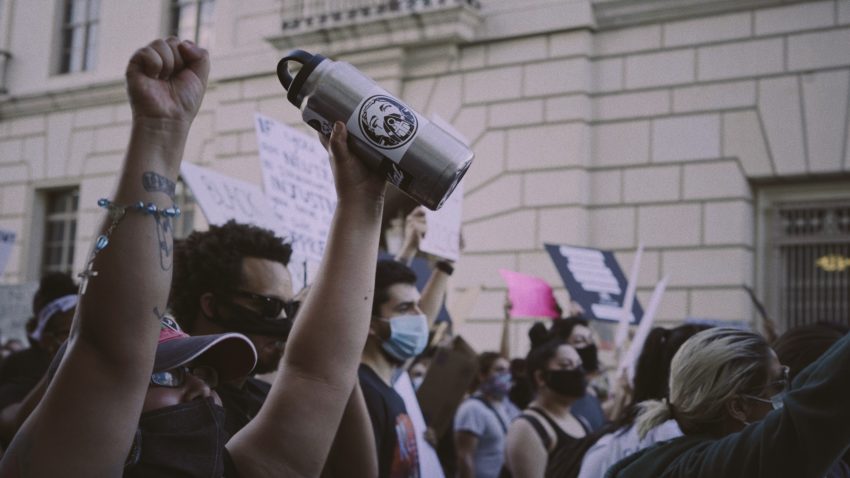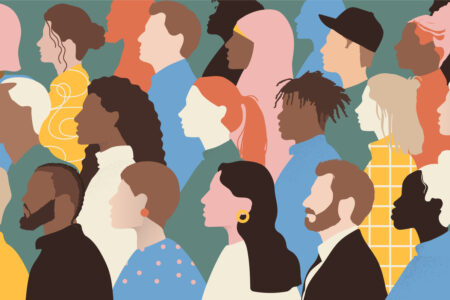
Share On Social!
Racism is a public health crisis.
Decades of racism-infused social, economic, and political systems have led to inequitable communities. These areas face higher burdens of stress, disease, and premature death.
Now, amid U.S. protests for racial/ethnic and social justice, city leaders are creating resolutions that declare racism a public health crisis and commit to action.
Download the free Salud America! “Get Your City to Declare Racism a Public Health Crisis Action Pack.”
The Action Pack will help you get input from local social justice groups and advocates of color, start a conversation with city leaders, and build local support for a resolution to declare racism a public health issue along with a commitment to take action to change policies and practices.
Dr. Amelie G. Ramirez, director of the Salud America! Latino health equity program at UT Health San Antonio, created this Action Pack. She also got input from several San Antonio-area social justice advocates.
With the Action Pack, you can help get a resolution in 3 steps:
- Ask for Input on a City Resolution to Declare Racism a Public Health Crisis & Commit to Action. Use our model emails and talking points to engage racial/ethnic organizations, social justice groups, and public health agencies. This can give you input and guidance on a city resolution with a commitment to action.
- Email City Leaders to Declare Racism a Public Health Crisis & Commit to Action. Use our model email, talking points, and social messages to ask your city leaders to take steps for a city resolution with a commitment to action.
- Get Community Support for a City Resolution to Declare Racism a Public Health Crisis & Commit to Action. Use our sample email and social media messages to build community support for a city resolution with a commitment to action.
“A city resolution needs a commitment to listen to social justice and other advocates and review and revise policies and practices across the board,” Ramirez said. “This could be an important first step toward lasting, meaningful change to improve health equity for people of color.”
By The Numbers
3
Big Excuses
people use to justify discriminatory behavior



